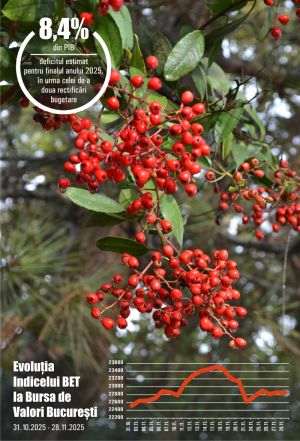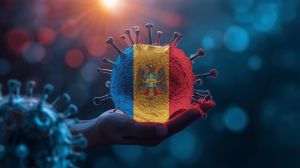Criminals eager to make money out of absolutely anything do not bypass the area of animals and plants living in the wild. Illegal trade in wild animals and plants remains a widespread practice, according to a report published by the United Nations (UN), and it is essential that governments focus not only on "flagship" species such as elephants, a sector in which they have registered progress. While reported seizures in 2020 and 2021 were about half the numbers in previous reports, this could be attributed to disruptions associated with COVID-19 rather than a reduction in actual traffic, according to the Wildlife Crime Report at global level of the UN Office on Drugs and Crime (UNODC). The study is published every four years, and 2020-2021 were the last years for which data was available. "Over two decades, wildlife trafficking has generally not been substantially reduced," UNODC said in a statement on the report, calling for action, including better enforcement and enforcement. of legislation, including anti-corruption laws. "Thousands of endangered species are affected by wildlife trafficking, of which a small fraction, such as elephants, tigers and rhinos, attract most of the attention of policymakers," the report states. Crimes associated with wild species, "such as the illegal collection of succulent plants and rare orchids" and the trafficking of many types of reptiles, fish, birds and mammals have played a key role in local or global disappearances, the statement said. In 2015-2021, the seizure of 13 million items demonstrated the existence of an illegal trade in approximately 4,000 species of plants and animals in 162 countries and territories, according to the report. The most common species involved were corals (16%), crocodilians (9%) and elephants (6%). A rare positive result has been recorded in efforts to combat trafficking in elephant ivory and rhino horn, the report said, indicating a reduction in poaching, seizure levels and market prices over the past decade.
Traffic in wild plants and animals, hard to eradicate
O.D.
English Section / 15 mai 2024




























































